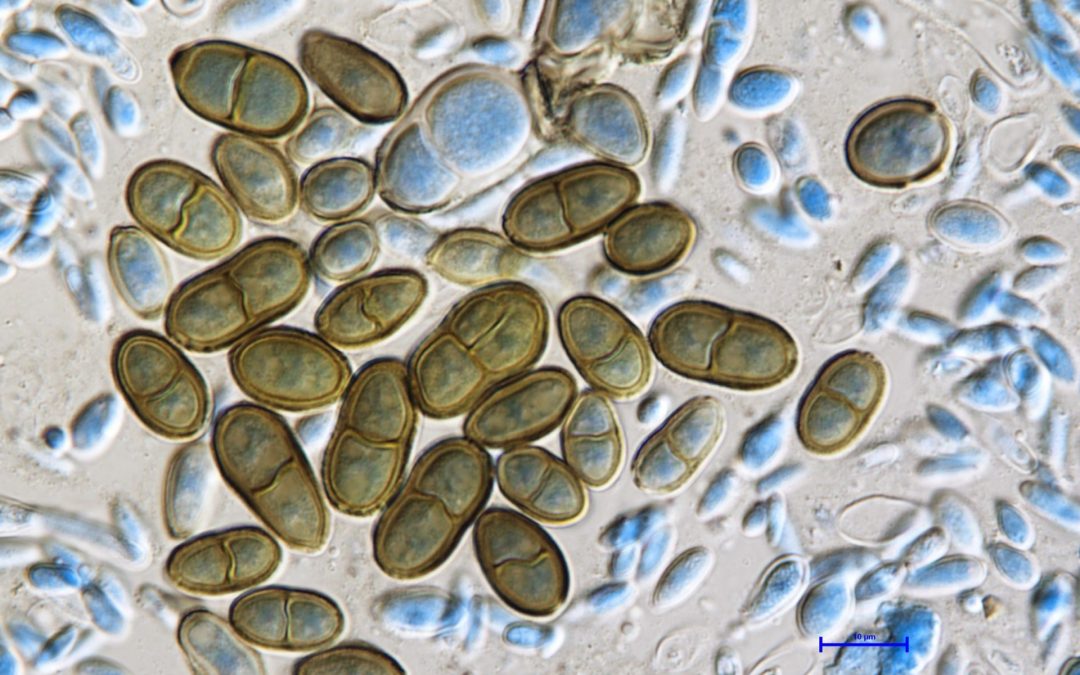Ljubljana – The InnoRenew CoE Research Institute will conduct an experiment in space with a fungal biofilm in the first half of 2025, which can be used to protect materials. At the institute, the research group is developing a fungal biofilm as part of the ERC project ARCHI-SKIN, and this will be the first study to examine the impact of space on engineered living materials. The five-year project, which they received in 2022, is worth two million euros.
The InnoRenew CoE research institute from the coastal town of Izola is engaged in the development of sustainable building materials and biotechnology. Under the leadership of the head of the ARCHI-SKIN project, Anna Sandak, it is researching engineered living materials that can adapt and respond to environmental changes. The interdisciplinary research group is thus developing a biofilm for the protection of materials such as biomaterials, concrete, plastic, and metals. A key feature of this biofilm is its natural self-repair ability, according to the institute.
The research group will carry the fungal biofilm into orbit as part of the Mission Possible 2025 mission. This is the first mission of The Exploration Company, which will be launched on a SpaceX Falcon 9 rocket in the first half of 2025. The demonstration capsule will carry 300 kilograms of cargo into Earth orbit, including the MayaSat-1 satellite from Genesis SFL. The capsule will remain in space for three hours, then re-enter orbit and return to Earth, they stated.
“Participation in the Mission Possible mission is a unique opportunity for us to explore the effects of microgravity and increased levels of radiation caused by space conditions,” emphasized Anna Sandak. (August 29)
 go to the original language article
go to the original language article
